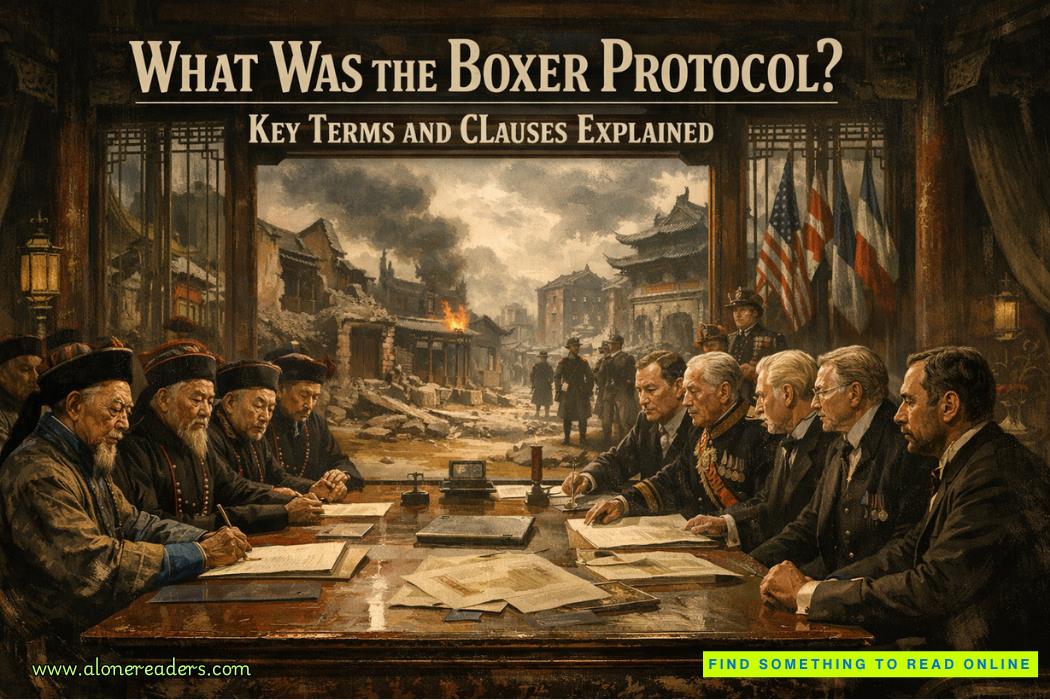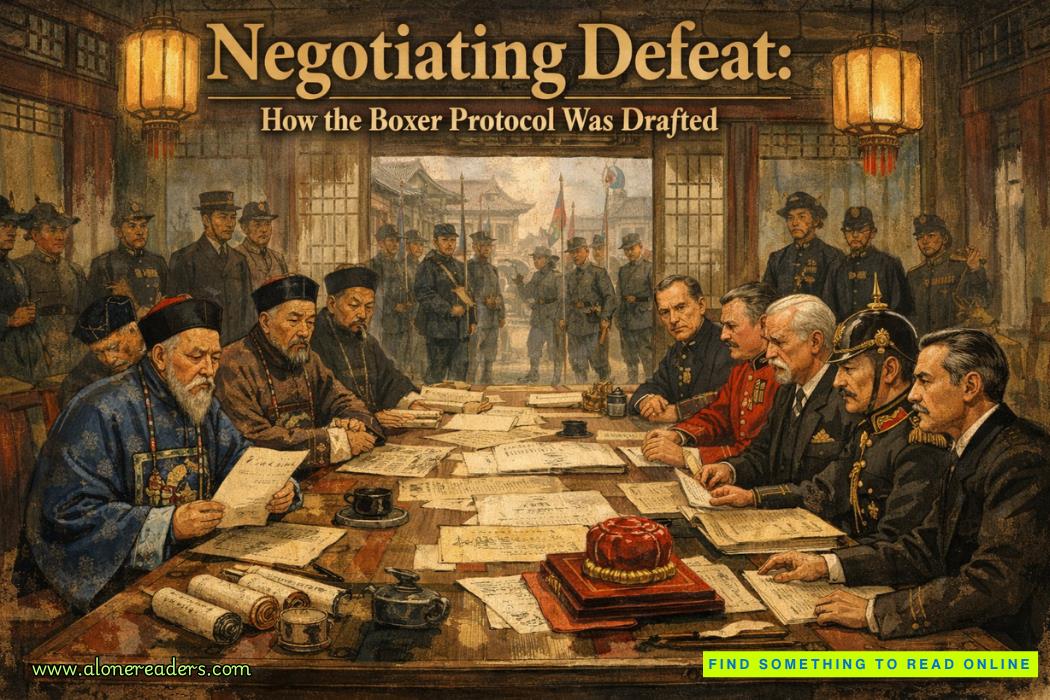The road narrows as we leave the village, climbing along the coast. To our right, the land falls away in dramatic cliffs, and I catch glimpses of the sea below, dark and restless beneath theovercast sky. To our left, the hills rise in sweeps of heather and bracken, dotted with sheep that look up incuriously as we pass.
"There," Gerry says, nodding ahead. "Clifftop House."
I lean forward, my breath catching despite myself. The house sits alone on a promontory, a three-story Victorian structure built of dark stone that seems to absorb rather than reflect the gray light. A widow's walk runs along the roofline, and tall windows stare out at the sea like watchful eyes. The grounds around it have gone wild, with roses rambling unchecked over crumbling stone walls and what might have been a lawn surrendered to thistles and long grass.
It looks like the sort of place where a reclusive aunt would live out her mysterious decades. It also looks, I think with a sinking feeling, as if it will cost a fortune to maintain and be impossible to sell.
Gerry pulls up to the front entrance, gravel crunching under the tires, where a set of stone steps leads to a heavy oak door. He gets out and retrieves my suitcase from the back, setting it beside me on the driveway. Then he fishes in his pocket and produces an old iron key.
"The solicitor left this with me," he says, handing it over. "Said to tell you he'd be by tomorrow morning to go over the paperwork. Mr. Finch, that is. Office is above the chemist's shop in the village."
"Thank you." I note the key's weight and the age-darkened iron of its construction. "What do I owe you for the ride?"
Gerry waves me off. "First ride's free. Island courtesy. Besides, Maureen was good to me over the years. Least I can do is help her kin get settled."
"I'm not getting settled," I say quickly. "Just here to settle the estate. Sign some papers, sort out the house, then back to London."
He pauses, his hand on the door handle, and something in his expression suggests he's heard that before. "Word of advice, if you're planning to stay more than a night or two, you'll want to introduce yourself properly at the pub. The locals can be... territorial... about Clifftop House. Best to let them know your intentions straight away."
"Territorial? Why?"
"That's a story for another time." He glances at the house, and I swear I see something like wariness in his expression. "You have a mobile that works up here?"
I check my phone. No signal. Of course.
"Landline's still connected, supposedly. Number's on the fridge. Give me a ring if you need anything." Gerry heads back to the Land Rover, then pauses before getting in. "One more thing—there's a storm coming in soon. Big one. You'll want to make sure all the windows are latched tight. This house has weathered worse, but better safe than sorry."
He drives away before I can ask what he means, leaving me standing in the overgrown driveway with my suitcase at my feet and the key heavy in my hand.
The house looms before me, its windows dark and secretive. I've reported on war zones, interviewed corrupt politicians, and once spent three days embedded with a biker gang for a feature that nearly won me a journalism award. I am not, by nature, a woman given to flights of fancy or superstitious dread.
But standing here in the dismal light, with the wind rising and the smell of approaching rain thick in the air, I can't shake the feeling that Clifftop House has been waiting for me. And not, perhaps, in a welcoming way.
"Right," I say aloud, needing to hear my own voice break the silence. "Let's see what you left me, Aunt Maureen."
The key turns smoothly in the lock, which surprises me. Inside, the house is dark and cool, smelling of dust and old woodand something else—something floral and faint that might be lavender. I fumble along the wall until I find a light switch. The bulb overhead flickers twice before catching, illuminating an entrance hall that's both grander and shabbier than I expected.
A staircase sweeps upward to the right, its banister carved with an intricate pattern of waves and sea creatures. To the left, I can see into what looks like a sitting room, furniture shrouded in pale dust covers. Directly ahead, a corridor leads deeper into the house. A narrow hall table stands against the wall beside the door, and above it hangs a mirror in a tarnished gilt frame.
I catch sight of myself in its spotted surface. I do look like my aunt, I realize with a start—or at least like the one photograph I've seen of Maureen as a young woman. The same auburn hair, the same angular face, the same eyes that my mother called "too intense for your own good."
I pull my suitcase inside and close the door behind me, shutting out the rising wind. The house creaks and sighs around me, old wood contracting in the chill. I tell myself it's just a house—old, yes, and isolated, but fundamentally just bricks and mortar and timber.
Then I notice the envelope on the hall table.
My name is written across the front in an elegant, spidery hand:Miss Eliza Warren. The paper is yellowed at the edges, and the seal bears the imprint of a bird—a raven, perhaps, or a crow.
My hands tremble slightly as I pick it up. The envelope is thick, as if it contains multiple pages. I turn it over, looking for some indication of when it was left here, but find nothing.
Outside, the first drops of rain begin to patter against the windows. The wind howls around the eaves, and somewhere in the house, a door slams shut with a bang that makes me jump.
I look down at the envelope in my hands, at my name written in my dead aunt's handwriting, and know with absolutecertainty that everything I thought about this trip—a quick visit, a fast sale, a return to London and my real life—has been a comfortable fiction.
Whatever brought Maureen Gordon to this lonely house on this remote island, whatever kept her here for more than forty years, whatever killed her three months ago—it's all waiting in this envelope. And once I break that seal and read what my aunt left for me, there will be no going back.
Thunder rumbles in the distance, and the storm that Gerry warned me about begins to roll in from the sea.
I look down at the envelope, at my name in my aunt's handwriting. Outside, the rain falls harder, drumming against the windows. Somewhere in the house, that door bangs again—and again—and again.















